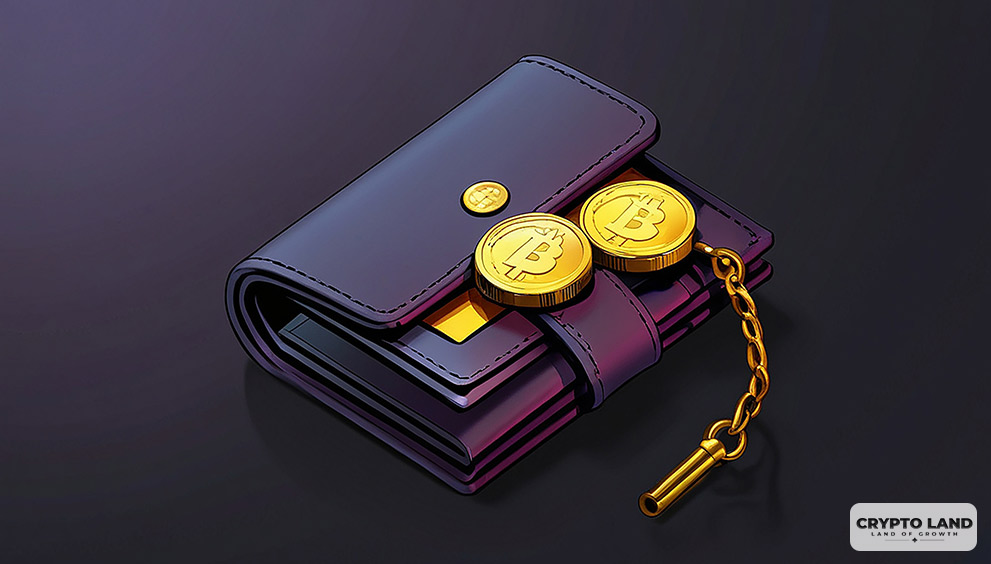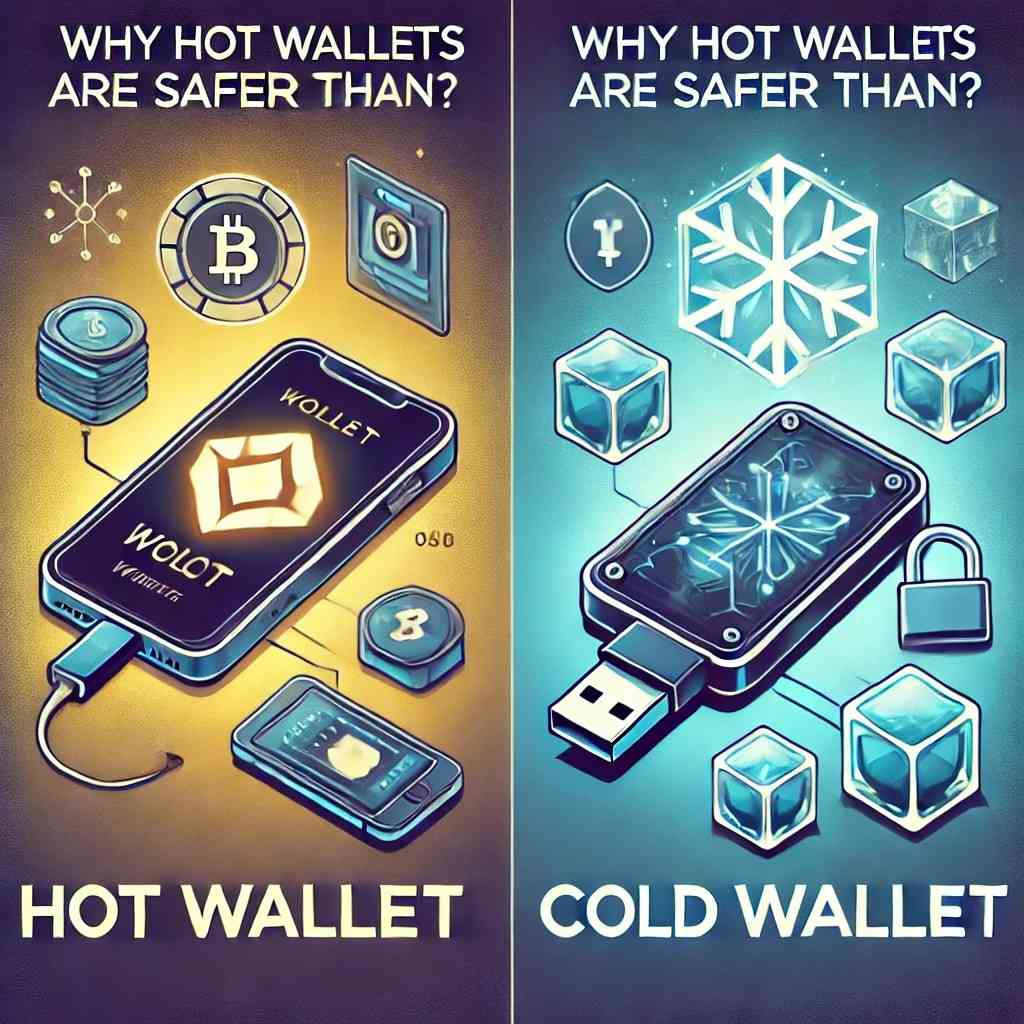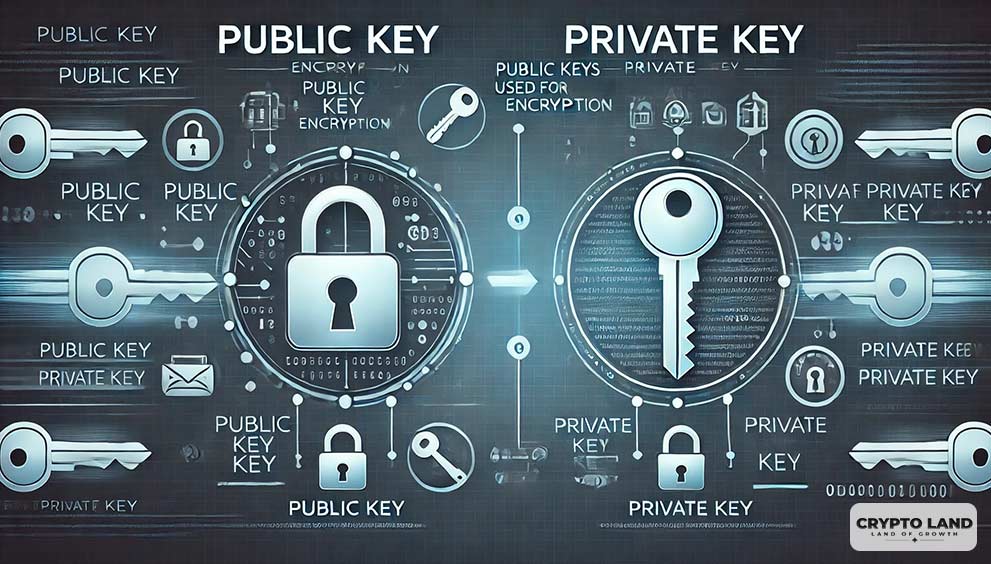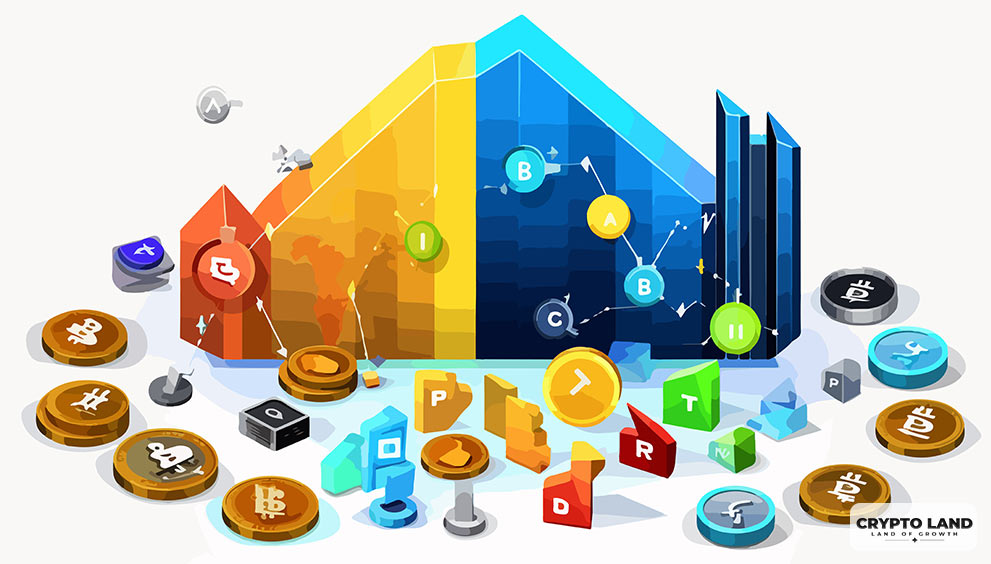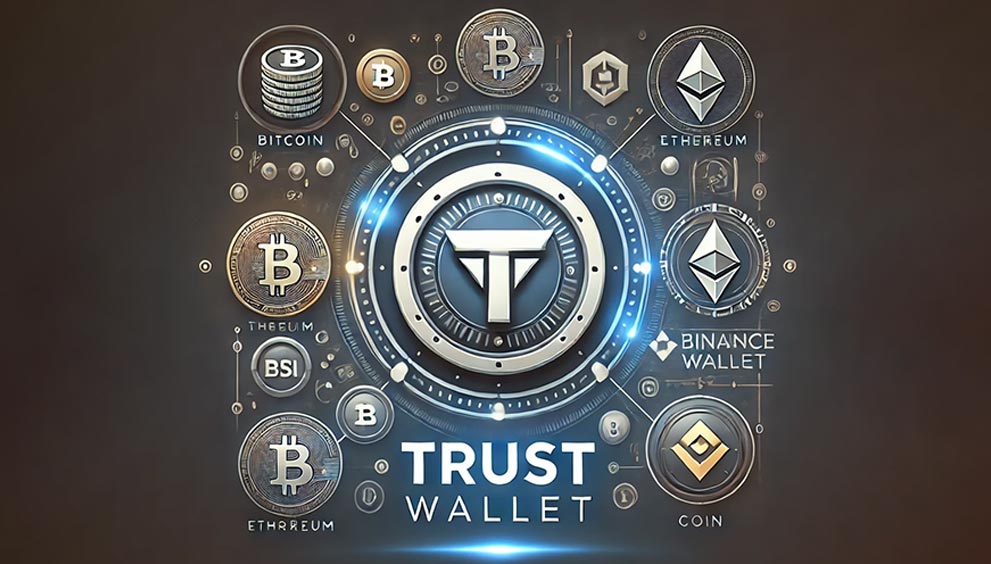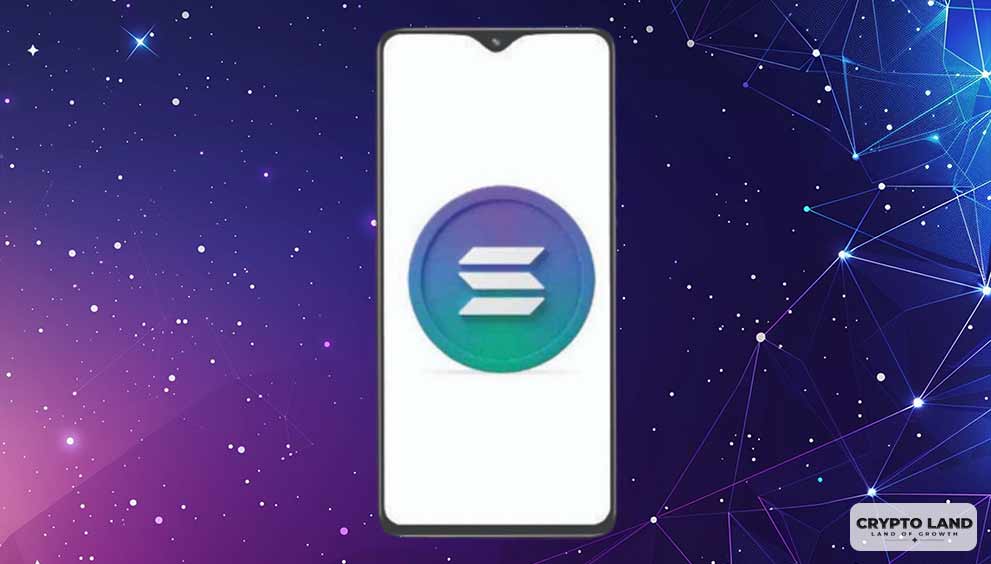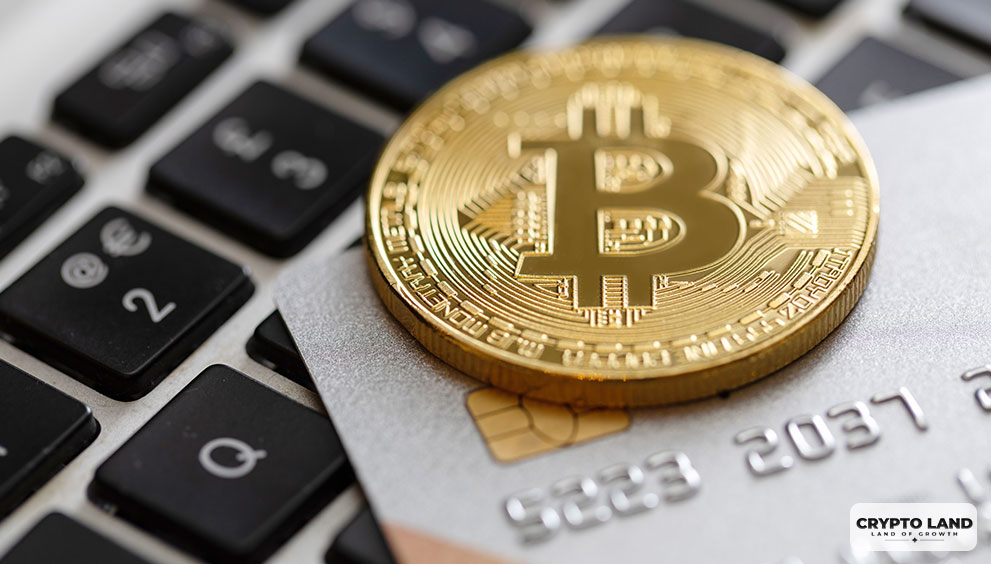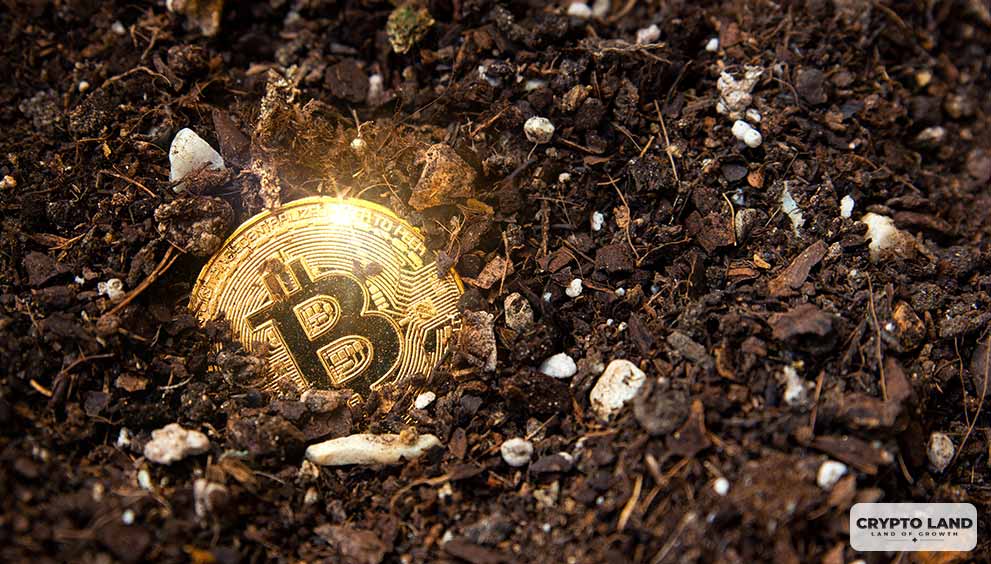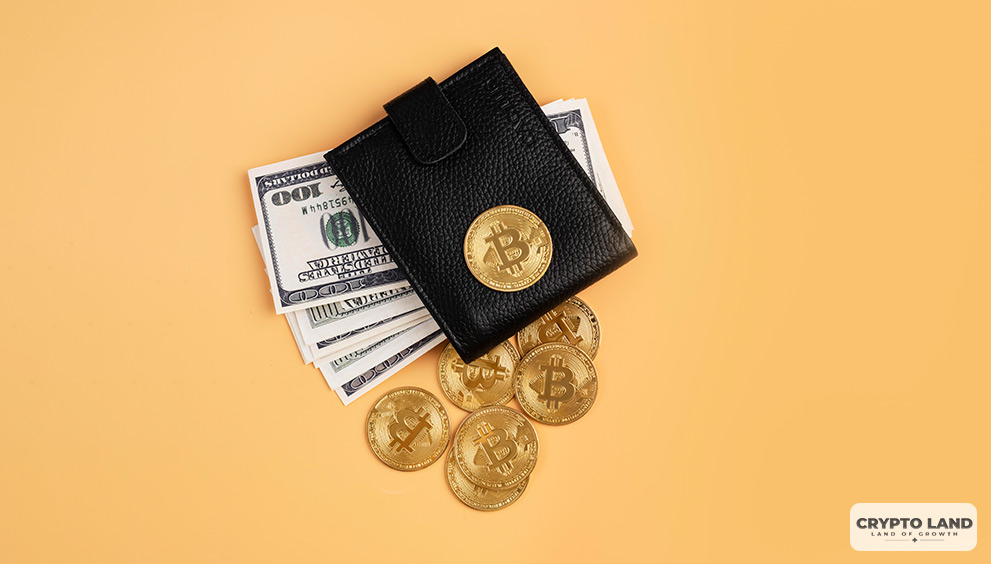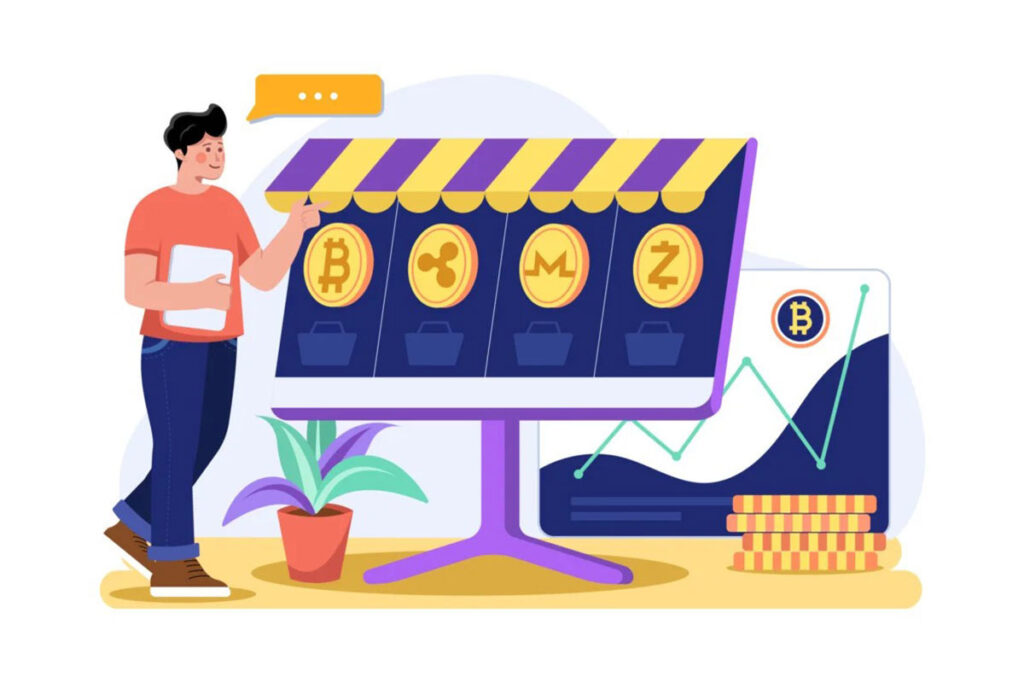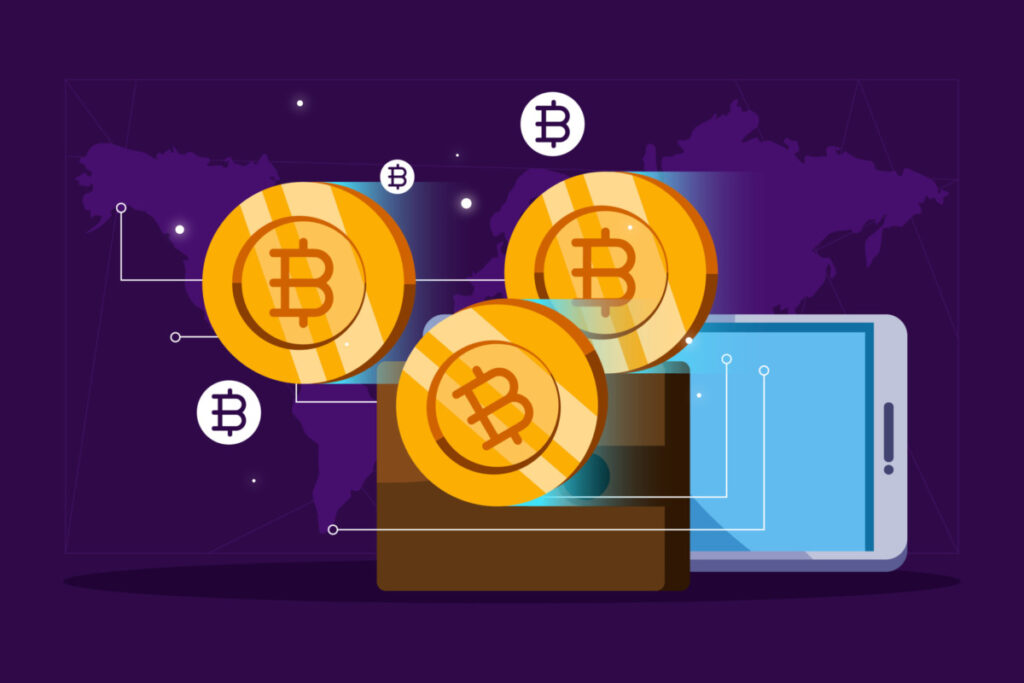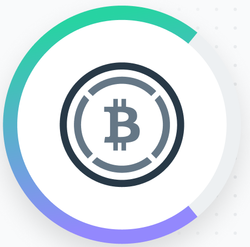Why Hot Wallets Are Safer Than Cold Wallets?
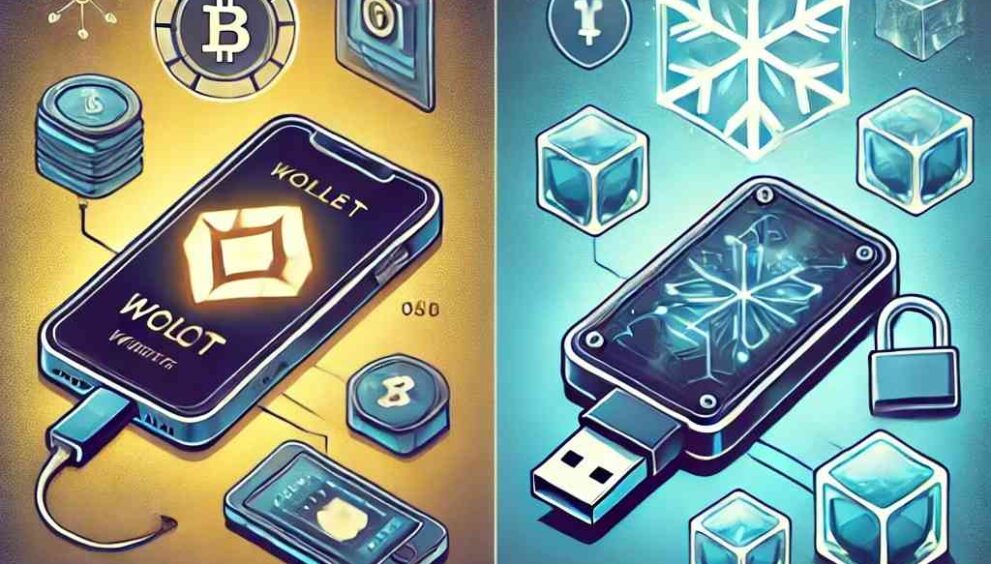
The first issue between a hot wallet and a cold wallet is security, a particularly overwhelming factor. Cold wallets are frequently marketed as the safest for storing digital assets, but some advantages bring hot wallets out as safer in other circumstances.
In this blog, we’re going to bust some of the myths out there, and let you know why sometimes a hot wallet can indeed be the safer of the two
What Is a Hot Wallet?
Hot wallets are software-based tools that store your private keys on internet-connected devices, such as smartphones, tablets, or computers.
They provide features like storing, sending, and receiving cryptocurrencies, along with the ability to manage and view all your tokens in one interface.
Hot wallets are popular among crypto users due to their accessibility and ease of use, making it simple to conduct crypto transactions from any device with an internet connection. However, their constant connectivity may present higher security risks compared to cold wallets.
What Is a Cold Wallet?
Hot Wallets v/s Cold Wallets
Before we pit them against each other, let’s define what hot and cold wallets are.
Hot Wallets: A hot wallet is an access online wallet. Most users love them because they make transactions easy and fast. Mobile apps, web-based wallets, and desktop wallets form part of these.
Examples include mobile apps like MetaMask and Trust Wallet, where users can quickly send or receive crypto. However, they are more vulnerable to hacking due to their online nature.
Cold Wallets: These are offline storage solutions, meaning your funds are kept away from the internet. Thus, they are more secure from hacker and malware attacks. These also include hardware as well as paper wallets.
such as hardware devices like Ledger or Trezor, or paper wallets. These are ideal for long-term storage since they are disconnected from the internet, making them more secure against cyber threats.
Types of wallets
There exist different types of wallets for different purposes. Thus, the assertion that cold wallets are safer than hot ones is sometimes not true. It is well and truly time to take a closer look at why, in certain aspects, hot wallets can be safer.
1. Real-time Security Updates
Hot wallets are always connected to the internet and therefore can receive updates in real-time as to security patching.
However, on the other hand, cold wallets: especially paper wallets or offline hardware wallets-don’t get these instantaneous updates. So if a flaw happens in a cold wallet device, it may require manual intervention, and users may only know about the issue when it’s too late to do something about it.
2. Multi-Factor Authentication (MFA)
One of the most advanced security features possible for hot wallets is multi-factor authentication or MFA like a password, an OTP, or biometric login.
Having MFA in a wallet means even if a hacker somehow manages to get your password or private key, they would then not get access without the second factor.
Of course, cold storage wallets do not have such authentication layers, so if someone gains physical access to your hardware or paper wallet, nobody stops them from stealing your assets.
3. Emergency Features Available on the Spot
Hot wallets usually are shipped preinstalled with emergency features that enhance their security in case of an emergency. Most hot wallets provide users with the ability to “freeze” their account in case of some suspicious activity. This is a capability that freezes all outgoing transactions and loses no funds in case of an occurring security breach.
A cold wallet, being an offline system, does not provide such in-control, real-time environments. If your cold wallet is stolen or gets lost, then there is no immediate way to “lock it” and block unauthorized access, which could mean loss of funds in a manner from both the temporal and fiscal angles that will be irrecoverable.
4. Encryption and Password Protection
Most of the advanced encryption and password protection mechanisms are incorporated into hot wallets, and hot wallet services are known to use protocols to secure your seed phrases and private keys. It becomes difficult for hackers to obtain access to your funds, no matter how much they can break through the device.
While a cold wallet is offline, if someone manages to get a physical hold of the device, he might very well take advantage of that if it hasn’t been secured by a strong PIN or encryption.A lost or stolen cold wallet may make it easier to access your crypto assets than if you have them on a hot wallet with major encryption.
5. Friendly, user-backup and recovery
Many of the hot wallets offer convenient backup and recovery options, which are critical in case you accidentally lose or steal your wallet. Most hot wallets will allow users to set up recovery phrases that will help to regain access to funds if a device is either lost or broken. These backups are often encrypted and safely stored in the cloud, which adds another layer of safety.
Cold wallets contain a recovery phrase but are way more complicated to restore. Additionally, if you somehow manage to lose the device and the recovery phrase, then the crypto is lost forever.
When Do Hot Wallets Become More Secure?
According to the features, hot wallets are apparently more secure than cold wallets in the following cases.
If one sends and receives cryptocurrencies very often, then hot wallets seem to give instant access and real-time security updates and 2FA. Thus, it becomes much safer to use.
With a hot wallet, you can track the state of your assets on time and be notified of suspicious activity and thus act quickly.
Hot wallets will provide ease with backup or recovery, in case your wallet is compromised, hence reducing permanent loss of your wallet.
Emergency control: In case you wish to freeze some of your assets or recover the funds in a short time span when a breach has occurred, then you can respond quicker to the attacks with the help of hot wallets.
Conclusion
Even though hot wallets are often considered the gold standard for long-term storage, they offer so many security features that they end up being safer in many scenarios. Cold wallets are still a better option for long-term storage of big cryptocurrency amounts, they are not the best solution for everyday usage, frequent transactions, or real-time control.
In such situations, hot wallets can provide more security and comfort. The most important thing is to select the appropriate wallet for your needs and use it together with best practices in securing your crypto.

















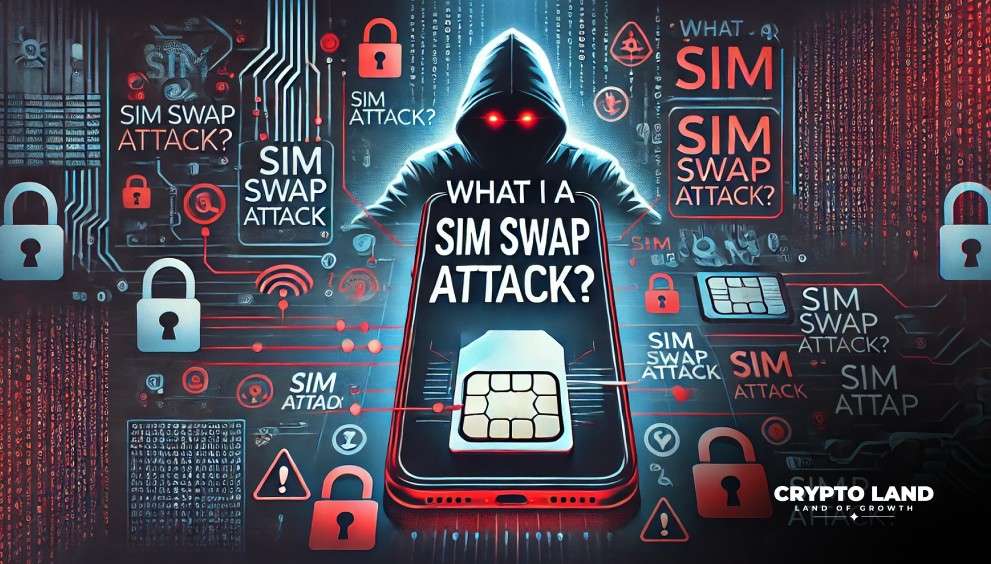






![Top Altcoins in October [2024] You Should Look Out For 23 Top Altcoins in October [2024] You Should Look Out For](https://cryptolandoff.com/wp-content/uploads/2024/10/Top-Altcoins-in-October-2024-You-Should-Look-Out-For.jpeg)








